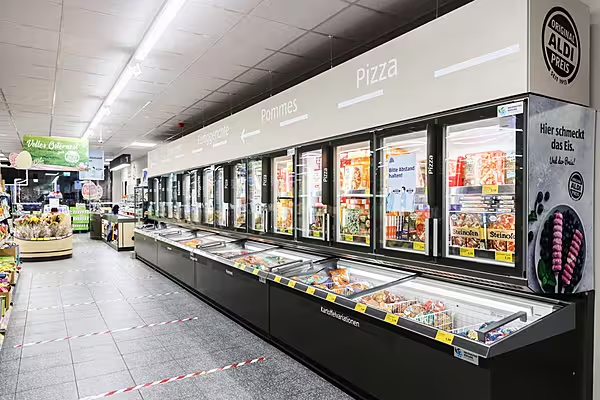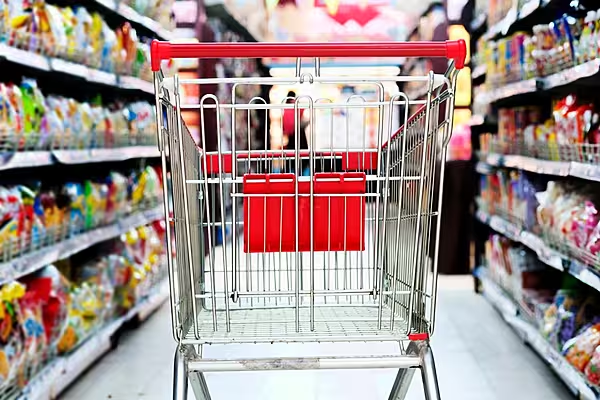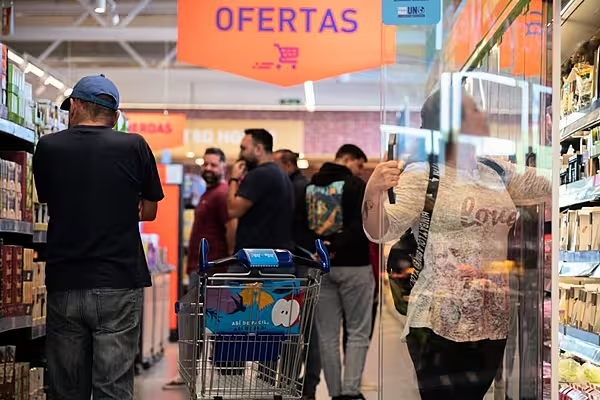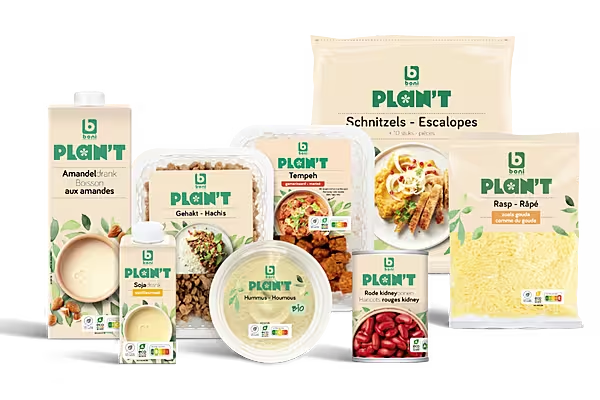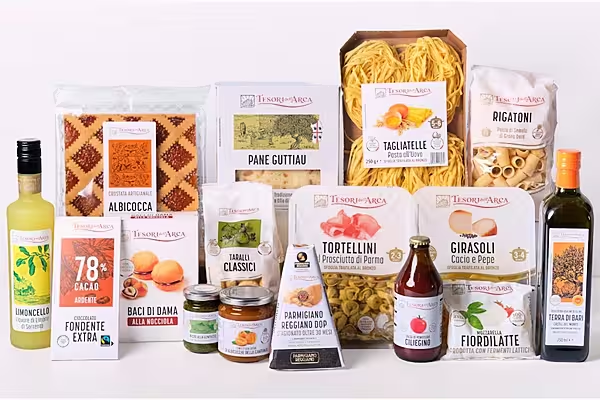In the most recent edition of ESM, we spoke to retailers across Europe about their private label strategies, kicking off with arguably the king of the discounters, Germany's Aldi Süd. This article first appeared in ESM Issue 3 2020.
What makes Aldi Süd so competitive when it comes to private label? As the retailer’s latest advertising campaign puts it (to the tune of the old Vanilla Ice hit), it’s all about ‘Price, Price Baby.’
The discounter recently announced a major refresh of its own-brand portfolio, as well as teaming up with Aldi Nord to offer a set of uniform private labels across the entire Aldi network, under brands including Sun Snacks, Moser-Roth, Eurodont and Kür.
ESM caught up with Sandra Sibylle Schoofs, director of buying, brand and space management at Aldi Süd, to discuss how the retailer has gained a competitive advantage when it comes to private label.
ESM: What trends are driving private label growth in Germany?
Sandra Sibylle Schoofs: We are currently concentrating on the product areas of organic, vegetarian, vegan, premium, free-from and convenience. In all of these product ranges, we want to further expand our established own-brands and consolidate our above-average development levels. In cooperation with our own-brand suppliers, we are able to reach very quickly and flexibly to new-trend topics.
What do you see as the potential challenges, if any, to private label growth?
In principle, we would like to offer our customers high-quality private-label products at the best price-performance ratio. As discounters, we have always been guided by this maxim.
We have to convince our customers again and again with our own brands. Of course, the brand experience – attractive product design, appropriate communication and marketing – also plays an important role. We also strive to deliver added value to our customers wherever possible. For example, we are working intensively on the development of sustainable packaging.
How is Aldi Süd adapting its private label architecture to meet changing demands?
Overall, we are currently seeing a trend towards trading up. Premium own-brands are being expanded and trend topics are being pushed. For example, classic premium private labels such as ‘Gourmet’ are complemented by new trends, in order to be able to respond quickly to customer needs.
In what ways is your private label strategy evolving?
Both Aldi Nord and Aldi Süd have always relied heavily on their own brands – 90% of the range consists of Aldi brands, and they have a good reputation among shoppers.
This year, we are bringing together the most popular own-brands from both Aldi ranges. In the future, more than 1,000 SKUs will be identical at Aldi Nord and Aldi Süd. New brands are being added, others are receiving a new design, and some brands are being discontinued. This ‘brand harmonisation’ project is unique in the history of Aldi. There are still articles that are exclusively available from Aldi Süd or Aldi Nord, including many regional products.
While we are harmonising brand names and packaging, we are not compromising our quality standards. Brand harmonisation is paying off for our customers – by combining our purchasing, we achieve savings that ensure that Aldi can offer quality at the best price.
The collaboration with Aldi Nord is taking place in many areas: in purchasing, in marketing, and in advertising. Many things will also become easier for our suppliers. For example, they only need to produce one package for a common product and, in many cases, will have only one point of contact.
In what ways have you sought to respond to specific consumer interests with your private label offering?
Sustainability and conscious nutrition are increasingly becoming the focus of society. In order to respond to the needs of our customers, we are developing our range accordingly. This can be seen, for example, in our own brands Enjoy Free, Mein Veggie Tag and GutBio, or from the expansion of our convenience range.
How important is your private label offering to the identity of your retail brand?
Our own brands are part of Aldi Süd’s DNA. That is why we have the largest share of own-brands in the market. Modern own-brands and an optimal assortment offer differentiation and are an important, unique selling point in the highly competitive food retail trade.
Fast forward to the end of the decade - what does the future hold for private label?
I would expect the Aldi Nord and Aldi Süd groups to not only have the same roots and names, but also identical business concepts and strategies – a focused, high-quality range at the best price. By constantly optimising the common ground, we pursue the goal of further consolidating our position.
Our goal is to develop an innovative and efficient purchasing organisation for both groups of companies, in order to continue to meet changing market and customer requirements. This cooperation will be further intensified in order to position itself optimally for the future.
© 2020 European Supermarket Magazine – your source for the latest retail news. Article by Stephen Wynne-Jones. Click subscribe to sign up to ESM: European Supermarket Magazine.
